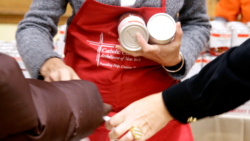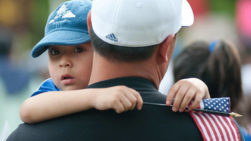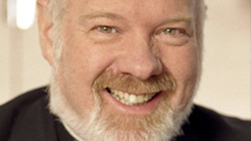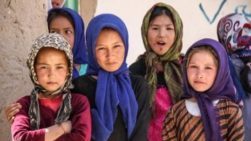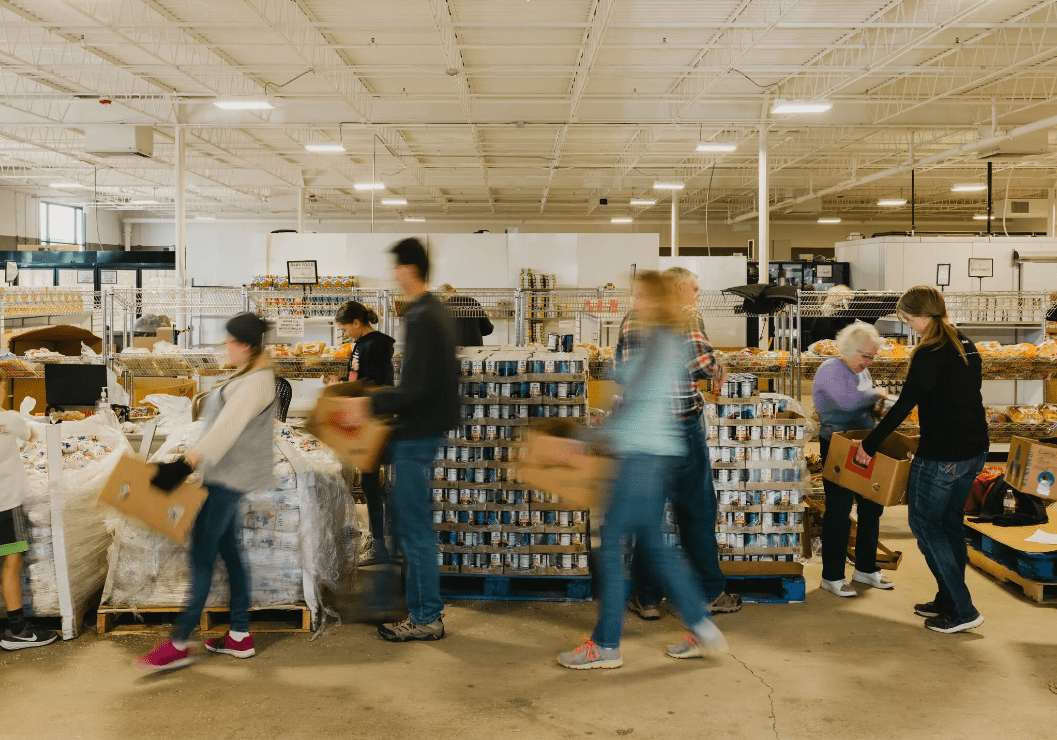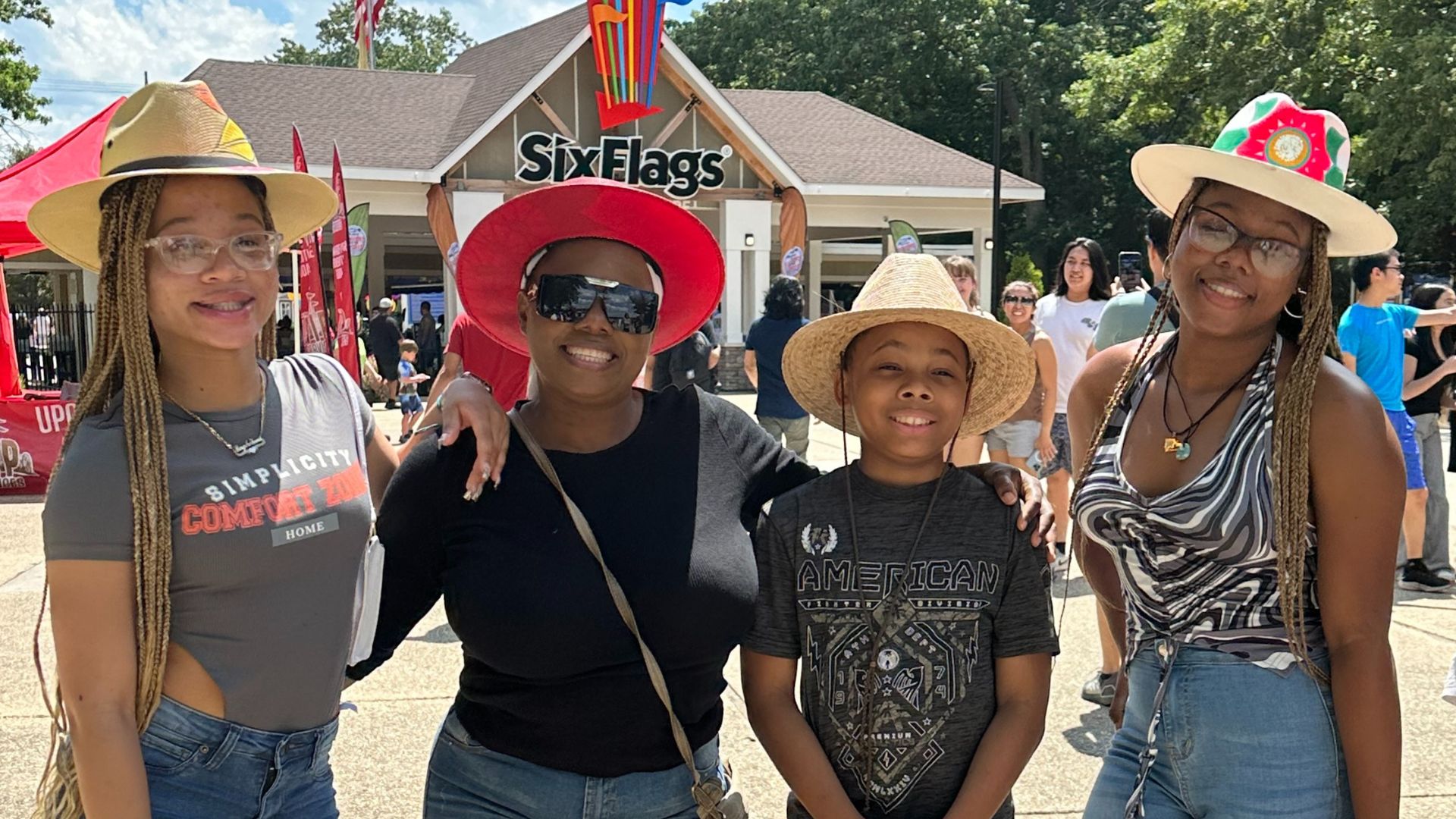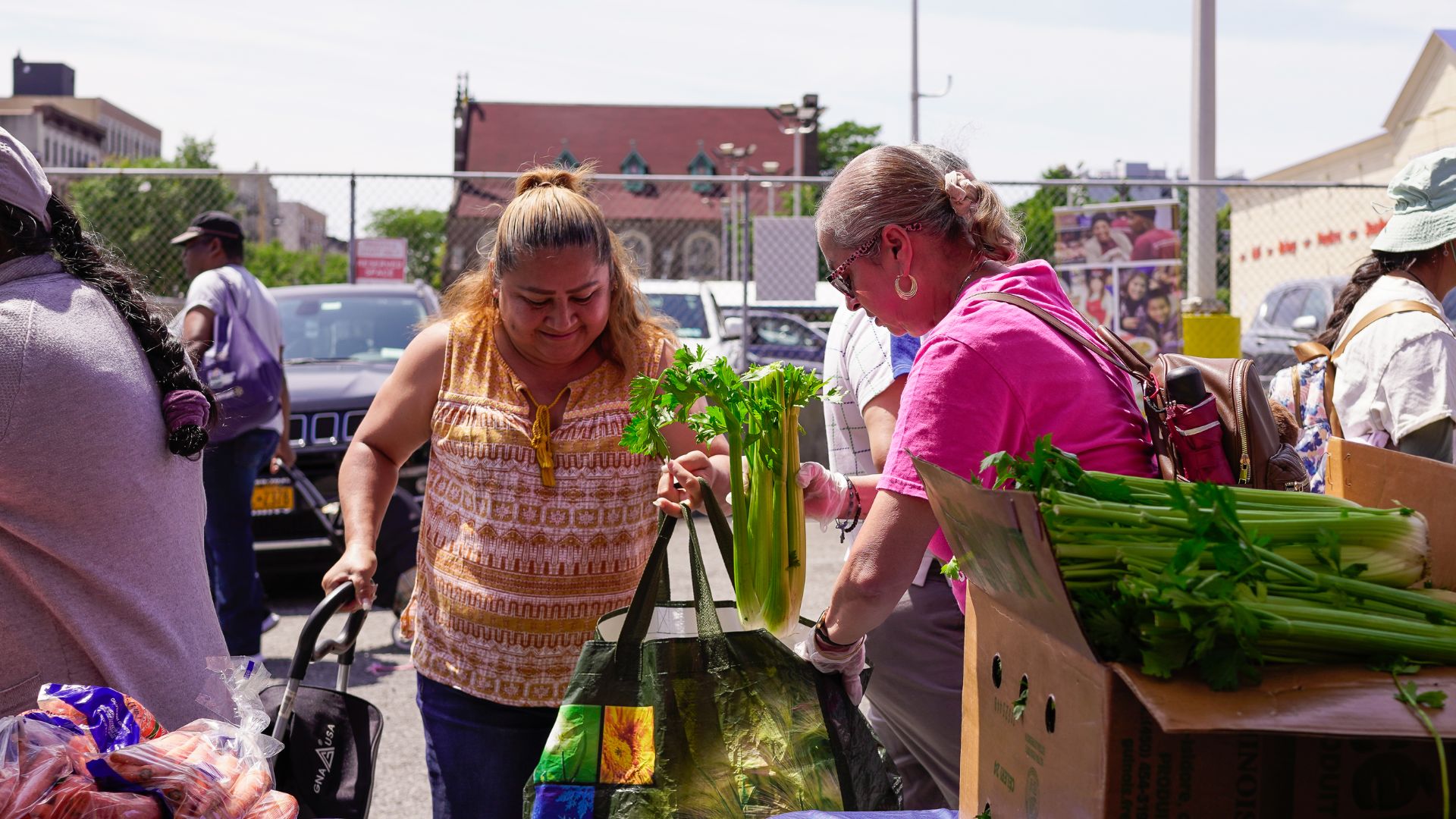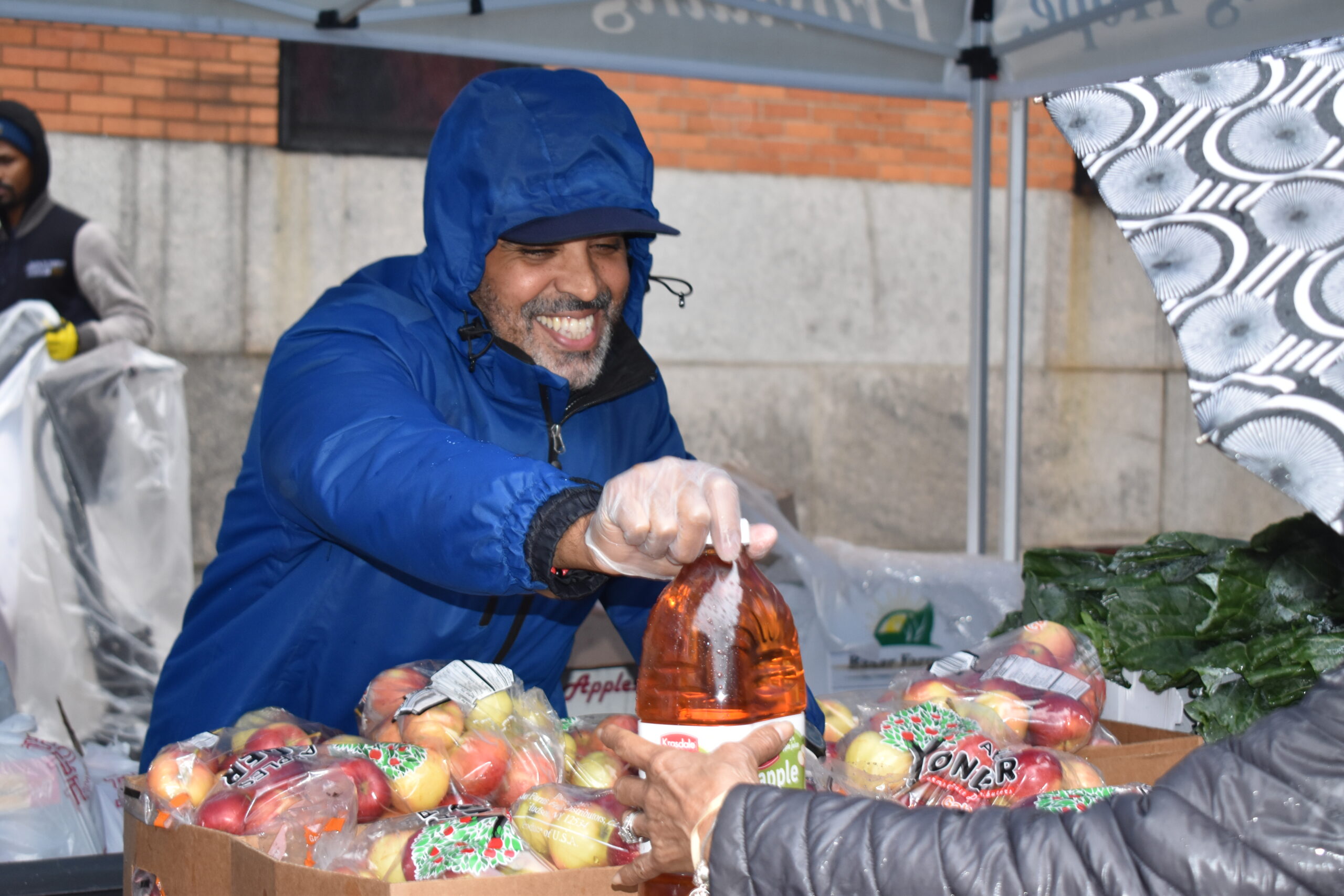By Callie Holtermann, republished with permission by The New York Times
In collaboration with The New York Times Neediest Cases Fund, we present this story about making ends meet amidst inflationary pressures.
This article is part of a series recounting the stories of people who received help from nonprofit organizations supported by The New York Times Neediest Cases Fund.
A nationwide shortage of turkeys transformed the usually humble woodland fowl into something of a diva — hard to find and costly to book — ahead of the holiday that made it famous. (Ham and chicken, the B-listers of Thanksgivings past, climbed up the call sheet to fill the rest of the pantry’s meal boxes.)
That scarcity and soaring food prices made this Thanksgiving an especially challenging one for families, and for the relief organizations that work to put meals on the tables of those who need them.
The cost of a frozen turkey increased to $25 this year, from $16.50 last year.
The staff at the Catholic Charities of the Archdiocese of New York has also found it more difficult to meet the Thanksgiving demand.
The organization had to spend $6,000 more this year on dry goods — items like cornbread mix, rice, cranberry sauce and sweet potatoes — than last year, and a donor who usually provides 1,000 turkeys could supply only 800. Also a beneficiary of The Neediest Cases Fund, Catholic Charities needed to find another donor to cover the cost of the shortfall.
In the end, Catholic Charities distributed 1,100 Thanksgiving turkeys at 27 sites around New York City in late November.
Despite the challenge of providing the turkeys this year, dropping them from the Thanksgiving menu was never an option, said Msgr. Kevin Sullivan, the organization’s executive director.
“It is critically important that people who are struggling, people who maybe don’t have as many economic resources, people who we call ‘poor’ are not marginalized, but they have a place at the table,” Monsignor Sullivan said. “And a place at the table on Thanksgiving means that table has turkey.”
Read about other stories in this article on the New York Times’ website.


